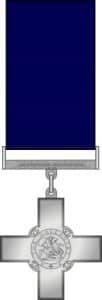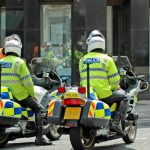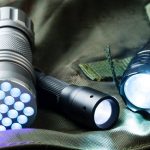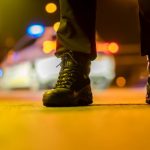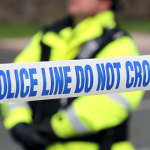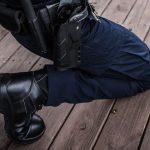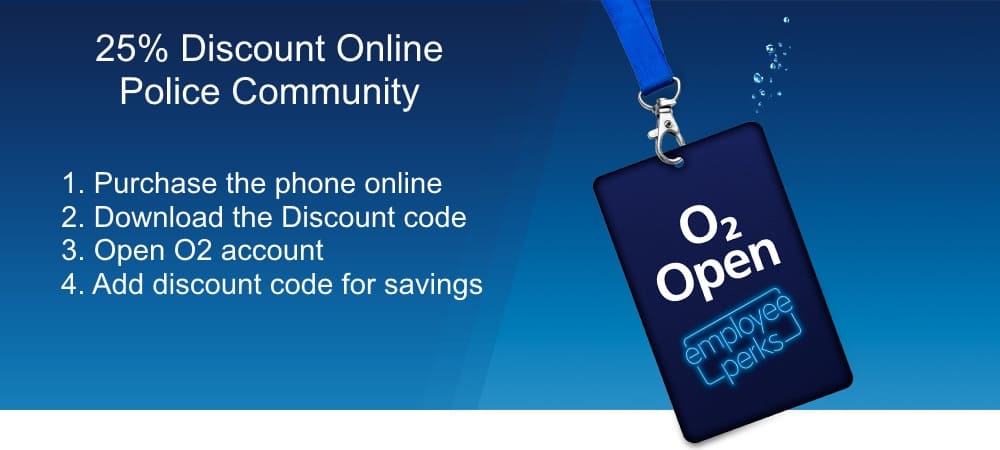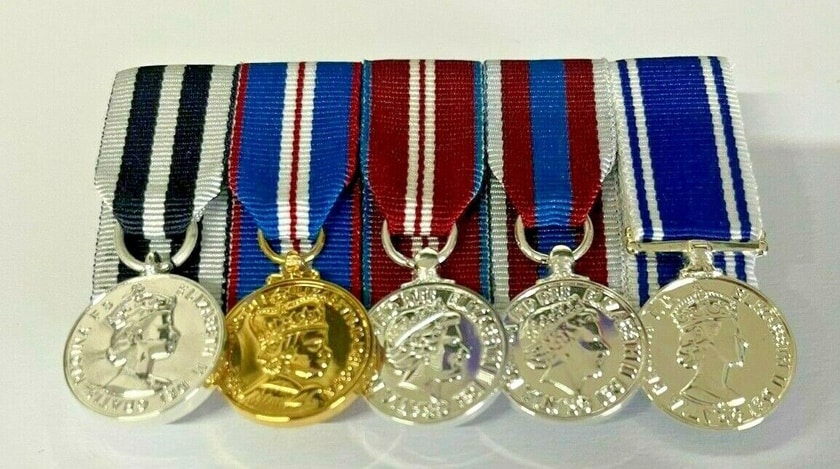
In the UK, police medals are typically worn on the left-hand side of the uniform, just above the breast pocket. The following steps can help guide you on how to properly wear police medals on a uniform in the UK:
- Start by ensuring that your uniform is clean and well-pressed. It’s important to present a professional appearance when wearing police medals, including having highly polished police boots. If you want the best looking results then use our guide on how to polish police boots.
- Locate the medal bar, which is a narrow strip of metal that holds the medals in place. The medal bar should be centered over the left breast pocket.
- Arrange the medals in order of precedence, there is a specific order that medals should be worn. The highest-ranking medal should be worn closest to the center of the chest, with the lower-ranking medals arranged in order from there. For the full details and the correct order of presentation please check out the London Gazzette.
- Attach the medals to the medal bar. Most medal bars have small hooks or clasps that hold the medals in place. Ensure that each medal is securely fastened to the bar.
- Slide the medal bar onto the uniform, ensuring that it is centered over the breast pocket.
- Pin the medal bar to the uniform using the small pins on the back of the bar. This will help to keep the bar in place while you’re wearing it.
- Ideally if you have more than 1 medal then its best practise to get them court mounted, which attaches the medals together for a better fit. There are companies all around the UK that will do this for you.
- Finally, double-check that the medals are arranged in the correct order and that they are all securely fastened to the medal bar.
Remember, wearing police medals is a sign of achievement and recognition for your service, so it’s important to wear them with pride and respect. If you lose or break any of your medals you can get them replaced by local companies that specialise in repairs. You can often find that these companies will allow police discounts for you to save.
Why do police wear medals?
In the UK, police officers wear medals as a way to recognize their bravery, long service, and other outstanding achievements. The medals are awarded to officers who have demonstrated exceptional service to their community and have gone above and beyond the call of duty.
Some of the most common reasons for awarding police medals in the UK include acts of bravery, distinguished service, long service and good conduct, and outstanding performance. For example, an officer who risks their own life to save others or who goes above and beyond to solve a particularly challenging case may be awarded a medal for bravery or distinguished service.
Wearing these medals on their uniform is a way for police officers to display their accomplishments and to be recognized for their dedication and hard work. It also serves as a reminder to the public of the bravery and professionalism of the police force, and the importance of the work they do to keep communities safe.
What is the highest police medal that can be awarded to police in UK?
The highest medal that can be awarded to police officers within the police ranks, is the George Cross, which is awarded for acts of the greatest heroism or for the most conspicuous courage in circumstances of extreme danger.
Although the George Cross is not exclusively a police medal, it is awarded to police officers in recognition of their exceptional bravery in the line of duty. In fact, more than 20 police officers have been awarded the George Cross since it was introduced in 1940.
In addition to the George Cross, there are several other police medals and awards that are given in recognition of bravery, distinguished service, long service and good conduct, and outstanding performance. These include the Queen’s Police Medal, the Police Medal for Meritorious Service, and the King’s Police and Fire Services Medal, among others. Each of these medals has its own criteria for eligibility and is awarded based on the recipient’s specific achievements and contributions to the police force.
